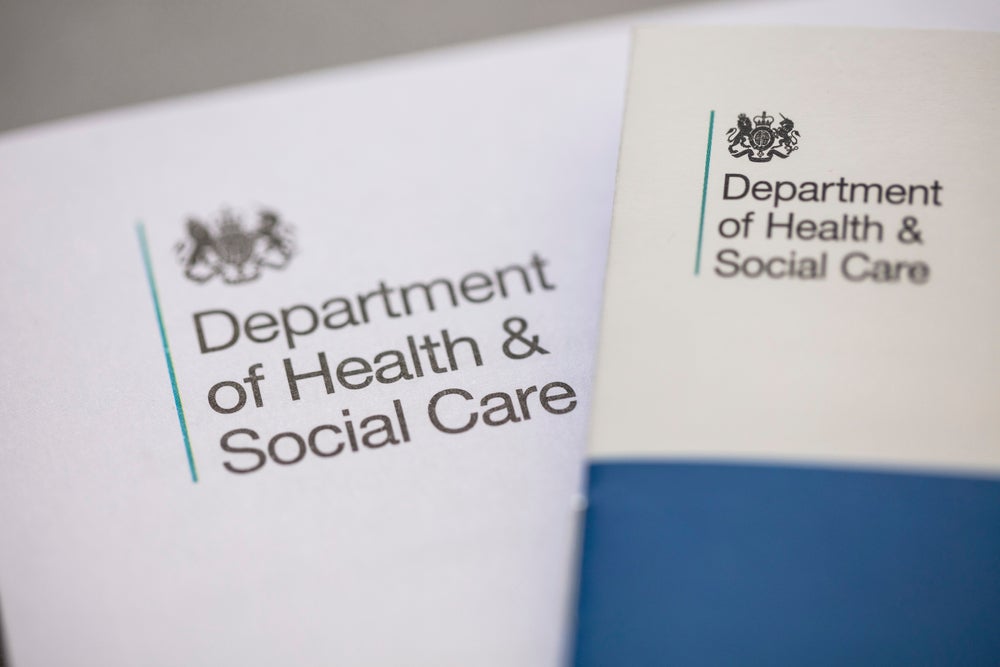The International Integrated Reporting Council
(IIRC) has launched a pilot programme yearbook and has identified
early integrated reporting (IR) trends.
In its yearbook, The Pilot Programme 2012
Yearbook, the IIRC report on some of the developments made so
far and identifies emerging trends and practices.
Some of the main trends among the pilot
programme businesses across five areas that are the focus of
technical papers include:
- Companies are identifying new business models
in terms of operating structures, brands and product
offerings; - Businesses are demonstrating ways to create
and preserve value through their business models and values; - The capitals evaluated in IR are financial
capital, human capital, intellectual capital, natural capital and
social capital; - Working across departments to connect
information in order to develop integrated reporting can help break
down ‘silos’ and lead to a stronger cross-functional
communications; and, - Several investors have called for annual
reports to clearly identify material risks and the financial and
strategic implications of all the capitals.
The IIRC’s pilot programme, which was launched
to help in the creation of the world’s first international IR
framework, has doubled in participants since 2011 with 82
businesses from different economic sectors in more than 20
countries now participating.
IIRC chief executive Paul Druckman said
the diversity of the pilot programme membership guarantees the
concepts underpinning IR receive robust scrutiny and
challenge.
“We do not suffer from ‘group think’ at the
IIRC!,” Druckman emphasised at the IIRC’s the closed pilot
programme conference hosted by KPMG in Amsterdam.
How well do you really know your competitors?
Access the most comprehensive Company Profiles on the market, powered by GlobalData. Save hours of research. Gain competitive edge.

Thank you!
Your download email will arrive shortly
Not ready to buy yet? Download a free sample
We are confident about the unique quality of our Company Profiles. However, we want you to make the most beneficial decision for your business, so we offer a free sample that you can download by submitting the below form
By GlobalDataDruckman added that the pilot is IIRC’s
innovation hub and referred to the people who support the
initiative as actors who want to “push the boundaries and
challenge the orthodox thinking” towards a new way of
reporting.
Watch out for more coverage from the IIRC
conference in the October issue of The Accountant.





